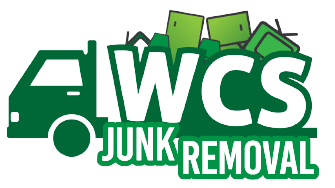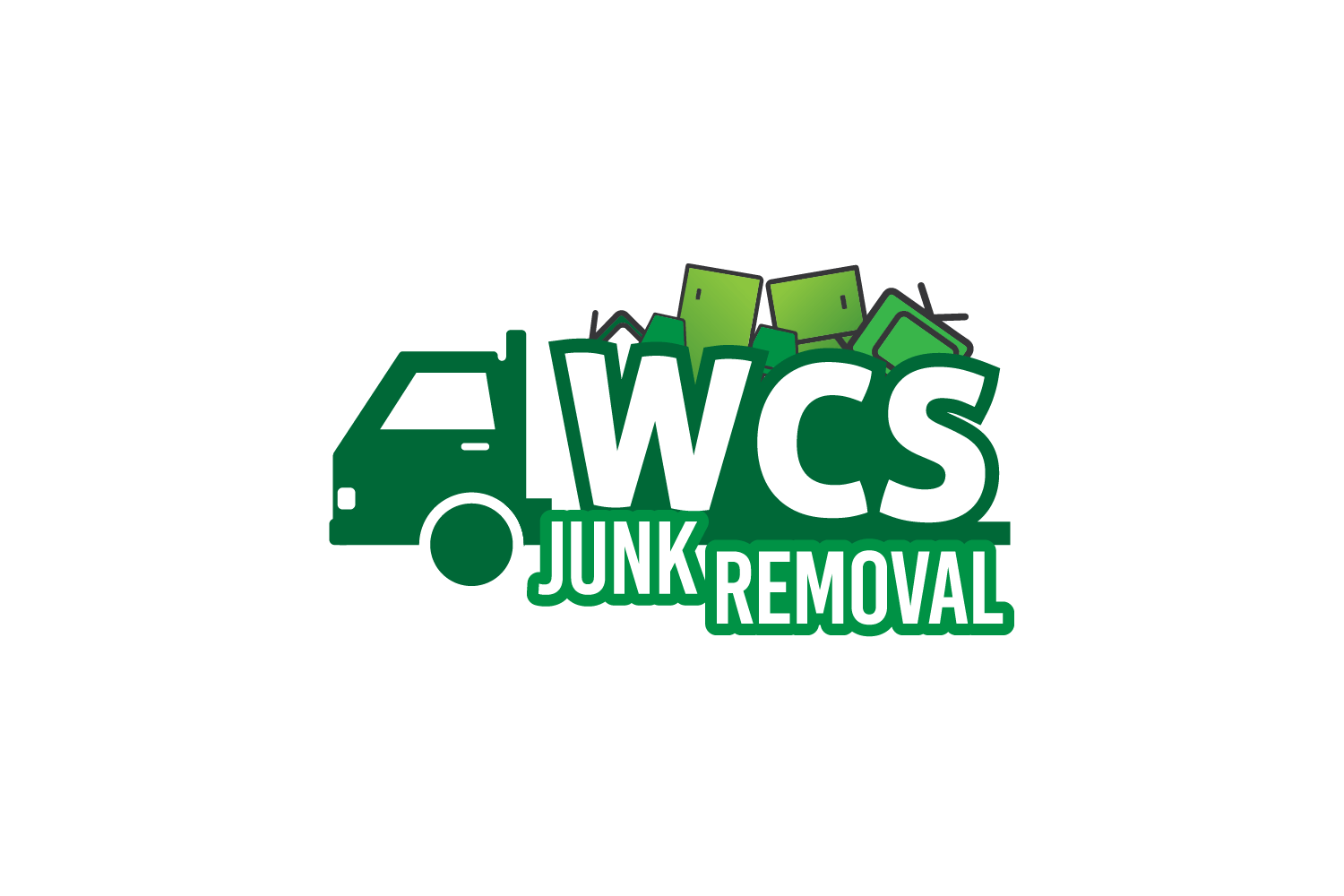Illegal Dumping: Diving Deeper
Contact Us Today For A Junk Removal Quote
Illegal dumping is waste disposal in unauthorized or unregulated places, such as roadsides, vacant lots, forests, waterways, or dumpsters. It is a severe environmental and social problem affecting many communities and regions worldwide. Illegal dumping can cause pollution, health risks, fire hazards, wildlife harm, and aesthetic degradation. It can also cost taxpayers and businesses millions of dollars in clean-up and enforcement.
But what are the causes, effects, and solutions for illegal dumping, especially concerning
illegal dumping in Florida? How does it vary by type, source, location, and law? In this blog post, we will dive deeper into the issue of illegal dumping, exploring its various aspects and implications within Florida. We'll also provide tips and resources on preventing, reporting, and participating in community clean-up efforts.

How Illegal Dumping Affects Communities and Regions
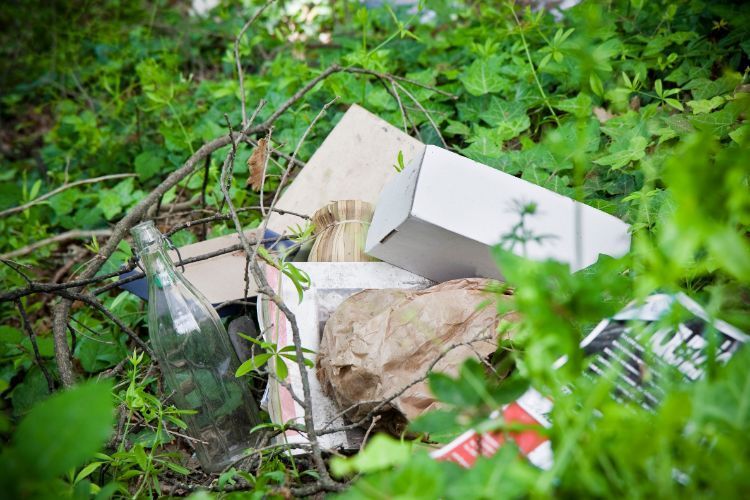
Illegal dumping affects communities and regions differently, depending on their population, geography, economy, and culture. For example, illegal dumping can impact urban areas by creating unsanitary and unsafe conditions, reducing property values, and attracting crime and vandalism.
Illegal dumping can impact rural areas by contaminating soil and water, destroying crops and livestock, and threatening biodiversity and ecosystems. Illegal dumping can impact coastal areas by polluting beaches and oceans, harming marine life and fisheries, and affecting tourism and recreation.
Causes of Illegal Dumping
1. Lack of Proper Waste Disposal Infrastructure
Many areas lack accessible waste disposal facilities, encouraging people to resort to illegal dumping as a convenient alternative.
2. Cost of Proper Disposal
For some individuals or businesses, the cost of legal waste disposal services might be prohibitive, leading them to choose illegal dumping to save money.
3. Ignorance or Lack of Awareness
In some instances, people may need more education or information to be fully aware of the environmental or health implications of illegal dumping.
4. Inadequate Enforcement and Penalties
Weak enforcement of laws and lenient penalties for illegal dumping can embolden offenders and perpetuate the problem.
Effects of Illegal Dumping
1. Environmental Degradation
Dumping waste in unauthorized areas contaminates soil, water sources, and air, leading to long-term environmental damage.
2. Public Health Risks
Disposing of hazardous materials or chemicals can pose immediate health risks to nearby communities through contamination of water supplies or air pollution.
3. Habitat Destruction
Illegal dumping in natural habitats can disrupt ecosystems, endangering plant and animal species and reducing biodiversity.
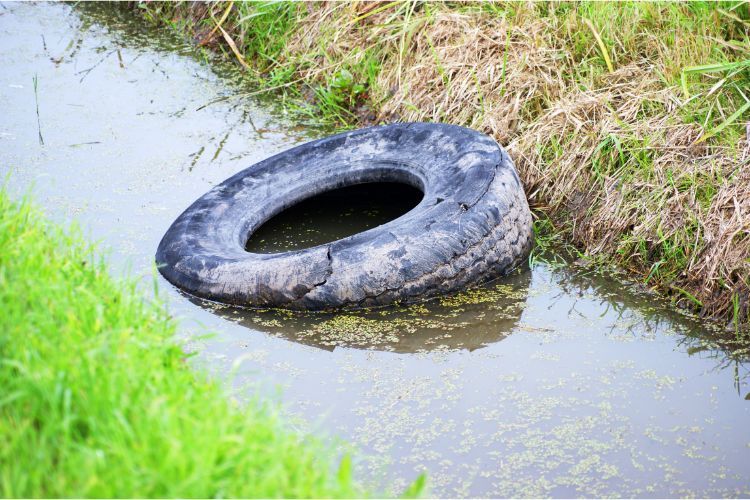
4. Economic Impact
The cost of clean-up and remediation falls on taxpayers and local governments, diverting funds that could be used for other community improvements.
Solutions to Combat Illegal Dumping
1. Education and Awareness Campaigns
Raising public awareness about the consequences of illegal dumping through educational programs can help change behaviors.
2. Improved Waste Management Infrastructure
Investing in accessible and affordable waste disposal facilities can discourage illegal dumping by providing legal and convenient options.
3. Strengthened Enforcement and Penalties
Implementing stricter regulations and imposing significant fines or penalties can deter individuals and businesses from engaging in illegal dumping activities.
4. Community Engagement and Clean-up Initiatives
Encouraging community involvement in clean-up efforts fosters a sense of responsibility and ownership, leading to more vigilant monitoring and reporting of illegal dumping activities.
Varied Impact and Solutions by Location
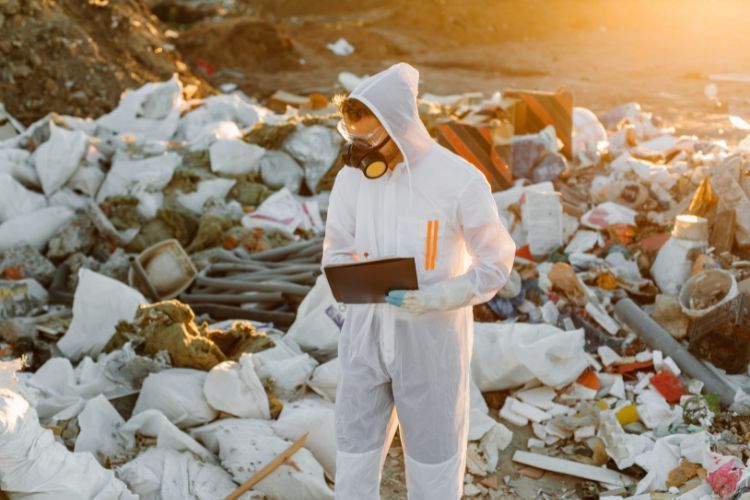
Different locations face unique challenges concerning illegal dumping. Urban areas might benefit from increased surveillance and regular waste collection services, while rural regions could focus on educating agricultural communities about proper waste management practices.
Coastal areas might require specialized clean-up initiatives to protect
marine ecosystems and promote sustainable tourism. Tailoring solutions to specific geographical and demographic characteristics is crucial for effective mitigation strategies.
By comprehensively addressing the causes, understanding the diverse effects, and implementing tailored solutions, communities can work towards significantly reducing the detrimental impacts of illegal dumping on their environment and society.
Conclusion
Illegal dumping poses severe environmental, social, and economic challenges worldwide, impacting communities in multifaceted ways. Its repercussions are far-reaching and detrimental, from contaminating natural habitats to jeopardizing public health and straining local economies.
However, communities can proactively implement tailored solutions by understanding the causes and effects of illegal dumping. Educating the public, improving waste management infrastructure, enforcing stringent regulations, and fostering community engagement are critical steps toward mitigating this pervasive issue.
Consider partnering with reliable waste management services from a
commercial junk removal company to support responsible waste disposal practices and prevent illegal dumping. Their commitment to providing efficient and affordable dumpster rentals, such as roofing dumpster rentals, can aid in responsible waste disposal during construction and renovation projects.
Visit WCS Junk Removal to explore their range of services and contribute to creating cleaner, safer communities while ensuring proper waste disposal practices. Together, we can combat illegal dumping and preserve our environment for future generations.
